What do you think of when someone brings up the college application process? You probably think of essays and transcripts, supplementals and recommendation letters that you have to collect. And some applications are harder than others. When you think of the hardest application process to go through, you probably imagine Ivy Leagues and their low acceptance rates. But there is one kind of application more difficult than the rest, and it’s not the one you would expect- musical theater. High schoolers applying to musical theater programs have to do all of the normal stuff, with an added portfolio application. Applying to five schools means submitting ten applications. Not only is the prep work heavy, but each program accepts a very limited number of students, normally between 15 and 30. Forget 5% acceptance rates; some programs in musical theater go as low as 1%.
Preparation
As a senior applying to musical theater programs, I started preparing in the second semester of my junior year. I did an independent study with music teacher Mr. Lundquist to research all of the different programs that interested me. I documented what was needed for prescreens (more in a moment) and auditions separately. I came up with lists of songs to learn and have in my back pocket, as well as monologues. I started organizing dance video preparation, thinking about my wildcard. Everything that I needed was organized before my applications even opened.
I recommend something like this to prospective MT majors. Organize yourself so that you only need to apply when the time comes. Allot a certain amount of time each day to research and organization.
When choosing songs, I had to think about the styles that fit my voice the best. I am a mezzo-alto, meaning that lower songs with some higher parts show off my voice the best. I ended up choosing a Kander and Ebb compilation piece, But the World Goes Round. For contemporary, I am not a big showy belter, but I can play into the comedy to show off my strengths. I ended up choosing Just Breathe, from The Prom. To understand your own voice, look at songs you are not only good at singing, but enjoy singing. Explore different genres and then apply that to musical theater. Musical Theater is very versatile in the genre arena. Rap? Hamilton. Rock? Rent. Jazz? Chicago. Pop? Moulin Rouge. There are bound to be a plethora of shows with music that will show off your abilities.
In terms of choosing monologues, there are many websites that list some really cool plays. For a contemporary monologue, I picked a piece from a Christopher Durang play. It’s comedic and dark, which I know I can play well. To contrast that, I chose a piece from “Two Noble Kinsmen” by Shakespeare. Play to your strengths when choosing a monologue, and ask for assistance if needed. Again, make sure you enjoy doing it. That will make it much easier when you’re auditioning.
Prescreens
Previously, I mentioned something called prescreens. Prescreens are kind of like your first audition. After submitting your Common Application, you are able to access a different website called GetAcceptd. You add all your schools to the GetAcceptd, just like Common App, and fill out the applications. This process is all fun and games until you get to the dreaded materials page. This small section disguises the hardest part of college auditions: prescreens.
All schools are different, but many schools follow the Musical Theater Common Prescreen (MTCP). The MTCP involves singing, acting, dancing and a wildcard video, as well as a headshot and artistic resume. Below are the basic requirements for most schools, but it’s important to always research each school individually to see if they are hiding a sneaky difference in requirements.
Your singing prescreens are videotaped, and have to follow certain guidelines. You need to memorize two songs – one from a show written before 1965, and the other from a show written after 1965 (referred to as traditional/golden age and contemporary, respectively). Each song has to be between 60 and 90 seconds, including a slate of your name, the song and the show. For example: “Hi, my name is Malia Andrews and I will be performing Just Breathe from ‘The Prom’,” or “Hi, my name is Malia Andrews and I will be performing But The World Goes ‘Round from ‘And the World Goes Round’, written by Kander and Ebb”. The camera frame has to be from the knees to just above the top of your head.
The acting prescreens are fairly similar to singing. Each school requires a contemporary monologue (from a published play written after 1950). The video has to be 60-90 seconds in a closeup shot. No writing your own monologues, no sketchy websites or monologue books, it has to be from a published play. Some schools also require a classical monologue written at any point before 1950 (often Shakespeare or Greek). This has to be filmed so your whole body is visible for 60-90 seconds, with a slate of your name, the show and author (and sometimes the role). For example, “Hi, my name is Malia Andrews and I will be performing the Jailer’s Daughter monologue from ‘Two Noble Kinsmen’”.
The dance prescreen requires a 60 second dance combination, in any style of your choosing. I was lucky to take lessons at a dance studio that provided filming sessions for prescreens. I took a dance we learned in class, adapted it to my strengths, and filmed it. The hardest part about the dance video is finding a space to do it in. These pieces can be self choreographed, but they need to be a solo video.
The “wild card” piece is the most flexible and therefore hardest video to produce, because it can be whatever you want. An instrument, a written piece, a design portfolio, literally anything. For mine, I recreated the Elle Woods Harvard video essay to be musical theater-related and filmed different areas of my resume in that style. Every person is different, so have fun with it.
Okay so you finished the normal prescreens, which was a lot of work. But now you’re done, right?
Nope! Some colleges have different requirements, which is why I recommend planning before you actually have to apply. For example, during my application cycle, NYU wanted full songs, not 90 second cuts. BU wanted two contemporary monologues, with the second being filmed on location doing an activity. Pace University wanted a pre choreographed dance video, and USC wanted a second dance video. I am still in the process of filming the dance videos as of writing this, so doing some things later is not a problem. To cause the least stress possible, film most during the summer or September if possible. If you find out you need something extra, you can always film it later.
Auditions
Prescreens aren’t the end of the audition process – they’re the first step. Many people will refer to the prescreen as a first audition, which you either pass or don’t. If you pass the prescreen, you are invited to an in-person or virtual audition.
The materials are roughly the same as prescreens. You can use the same materials or different materials, but you still need two songs from different eras, one or two monologues from different eras, and a dance call. There are two main types of in person auditions: School Specific and Unifieds.
School Specific is self-explanatory. It is scheduled directly through the school with only the audition board from that school. Most schools will have a school specific audition, but others see students at what is called Unifieds.
Unifieds are complicated. Many schools, between 20 and 30 on average, will attend a big event where they see many students from across the country. The big ones are in New York City, Chicago and Los Angeles, but there are smaller ones across the country.
I attended the Pittsburgh Unified Auditions from October 6 to October 8. My mom and I stayed in a hotel in Pittsburgh, and went to the audition building each day for my auditions.
I woke up at 3 am on Friday, October 6 to catch my flight to Pittsburgh. I had my audition at 1:30 that day. At 1:10, I went in for a warm up and ran through my monologue, then ran my songs with the accompanist, and finally went into the audition. There were rows of tables with college representatives typing on their computers as I did my audition packet (song, song, monologue). They then asked me questions and I left.
Over the next two days, I got callbacks from schools and did a series of interviews on Sunday with all the schools that called me back. Since Unifieds, I’ve been getting emails regarding final callbacks, offers to apply, and acceptances.
Going forward, I have auditions and final callbacks scheduled throughout January and February. Some schools think of Unifieds as your prescreen. Because mine was so early, I applied to the schools that called me back for a final audition and scheduled that final audition or callback. Other schools decide they don’t need to see anything else from you and might give you an artistic acceptance, which means you still have to apply and get in academically. Acceptances come in two parts: artistic and academic. Depending on the school, the combination changes, but for the most part, you have to get in both artistically and academically to be accepted into the school.
Be Patient, Teachers
Musical Theater majors are the first to apply and the last to hear back during application season. They have double the applications, and often have to take time off of school to do auditions. Because schools are more focused on artistic application, no school is a safety. If you are sick on your audition day, or fumble over your monologue, that can mean the difference between an acceptance and denial, for any school.
These students often apply for a lot more schools than average as well. I initially applied to 11 schools,, but many auditioning students I encountered at Unifieds were applying to between 30-40. Because you are not guaranteed to get into any school, you have to cast a wide net.
MT college auditions are a stressful process, with lots to think about and organize throughout the beginning of your senior year. But, if you really want to pursue musical theater, I couldn’t recommend it more. Though it is hard, it’s also rewarding to be doing what you love. And everyone else is in the same boat as you. You will make so many friends in the process, because you’re all united in the fact that you are choosing the hard path and the path you are passionate about.
My Advice
Find out what you want. Everyone has a different plan for their college experience. Some want conservatories (intense MT training with little liberal arts), others want big schools with lots of options. Some people don’t mind where they go, as long as the program fits what they want. Start to think about what you want, and don’t get caught up in what anyone else wants. You can change your mind. You can be unsure. But don’t let anyone else influence what you end up doing. In performing arts, everyone has a different style, strengths, and weaknesses. No two performers are the same, so celebrate what makes you different. It’s cliche, but it’s true: be your most authentic self. You could be exactly what they are looking for.
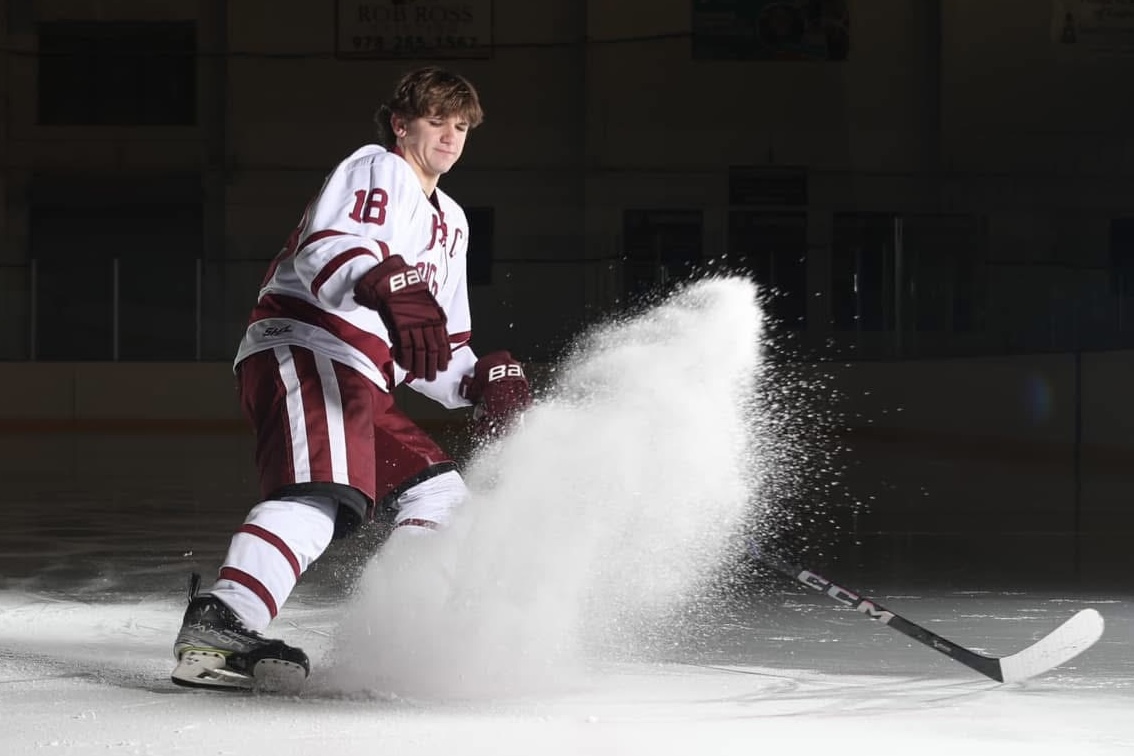

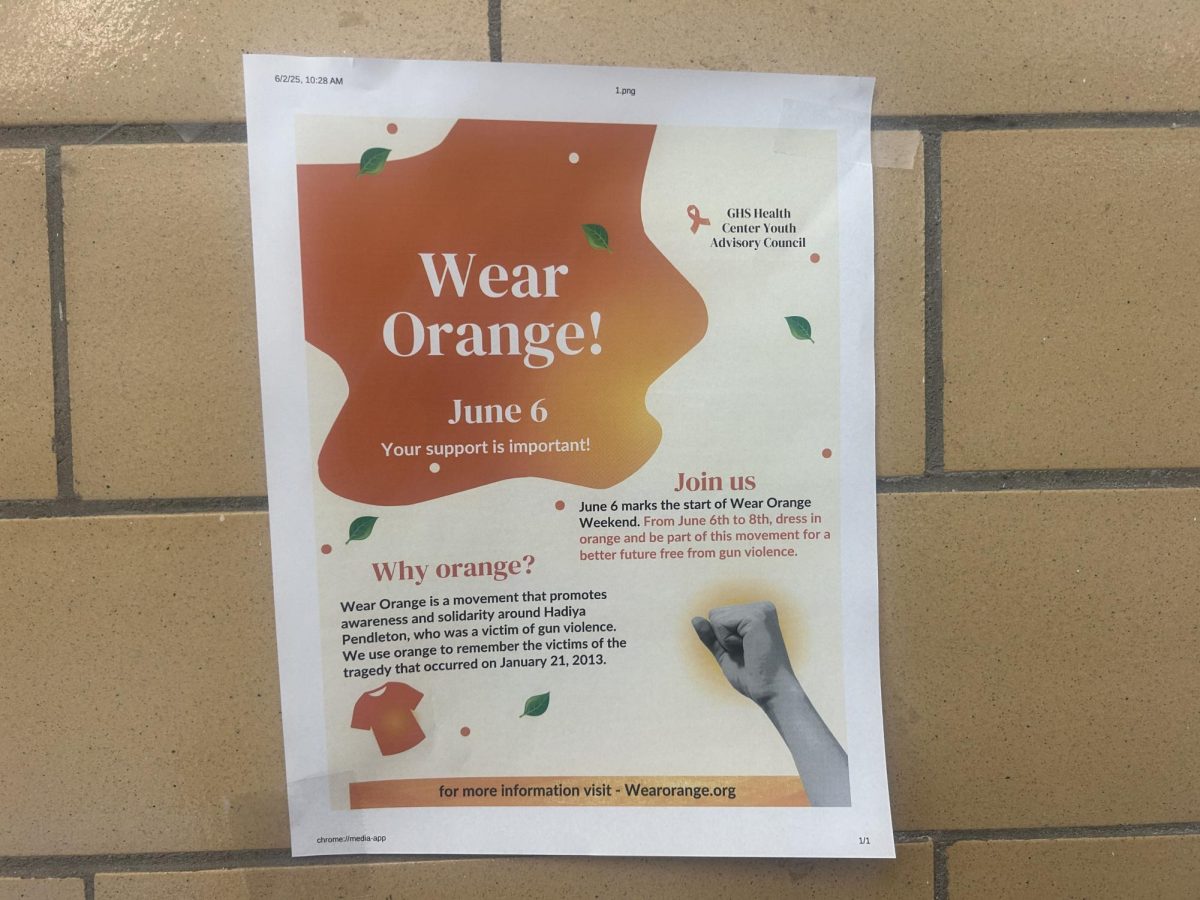
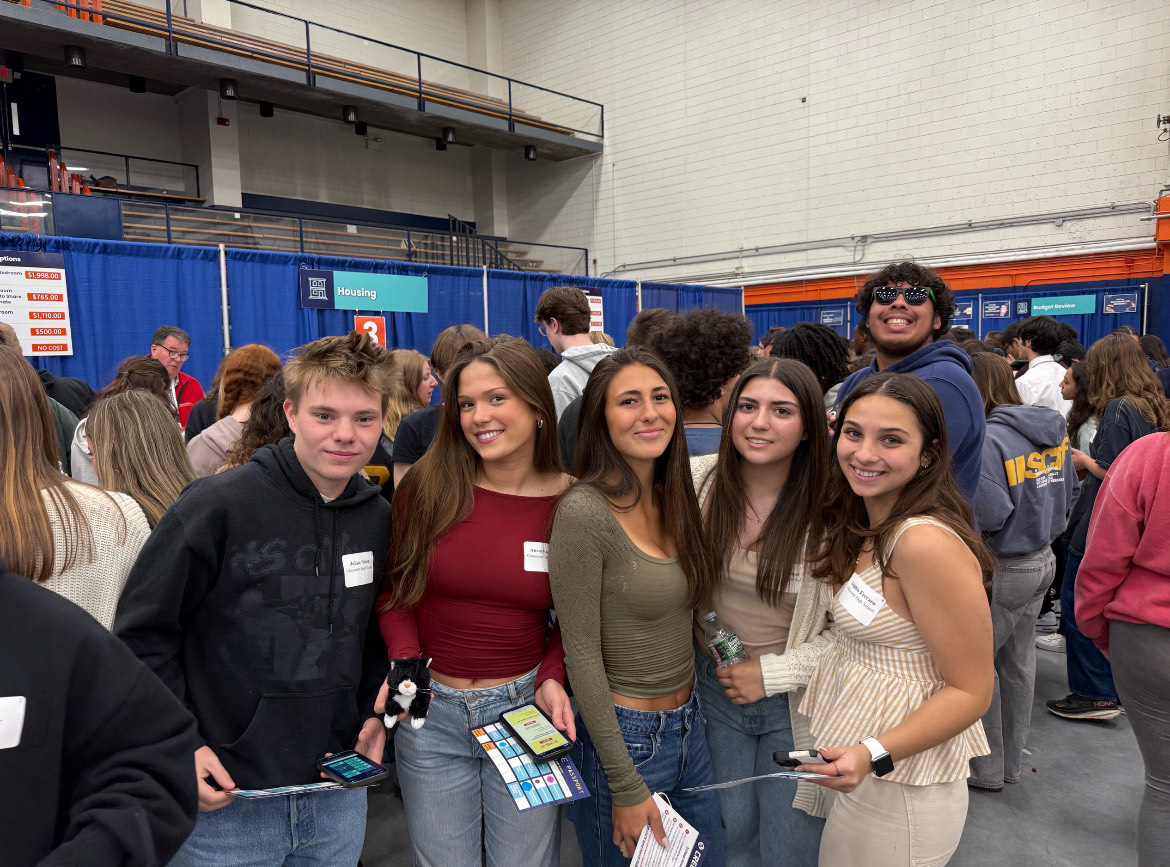
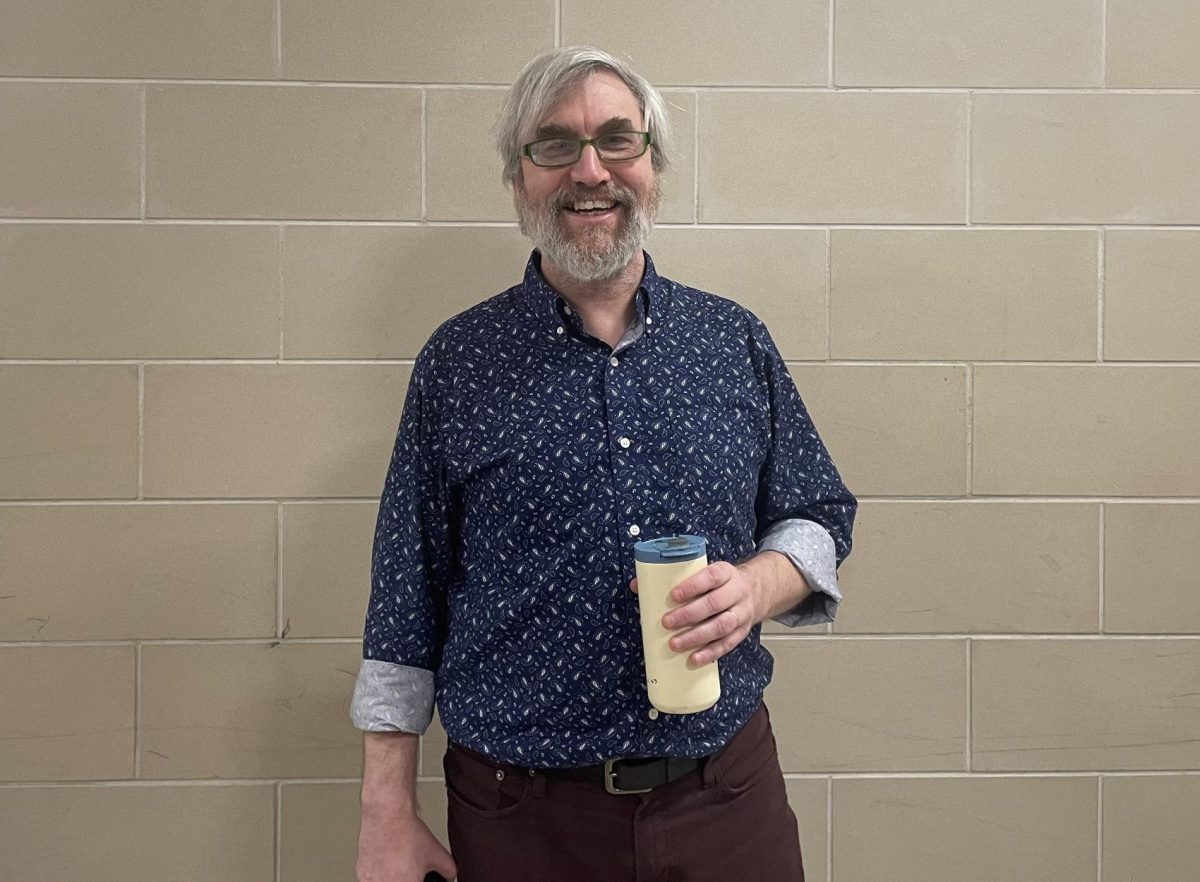



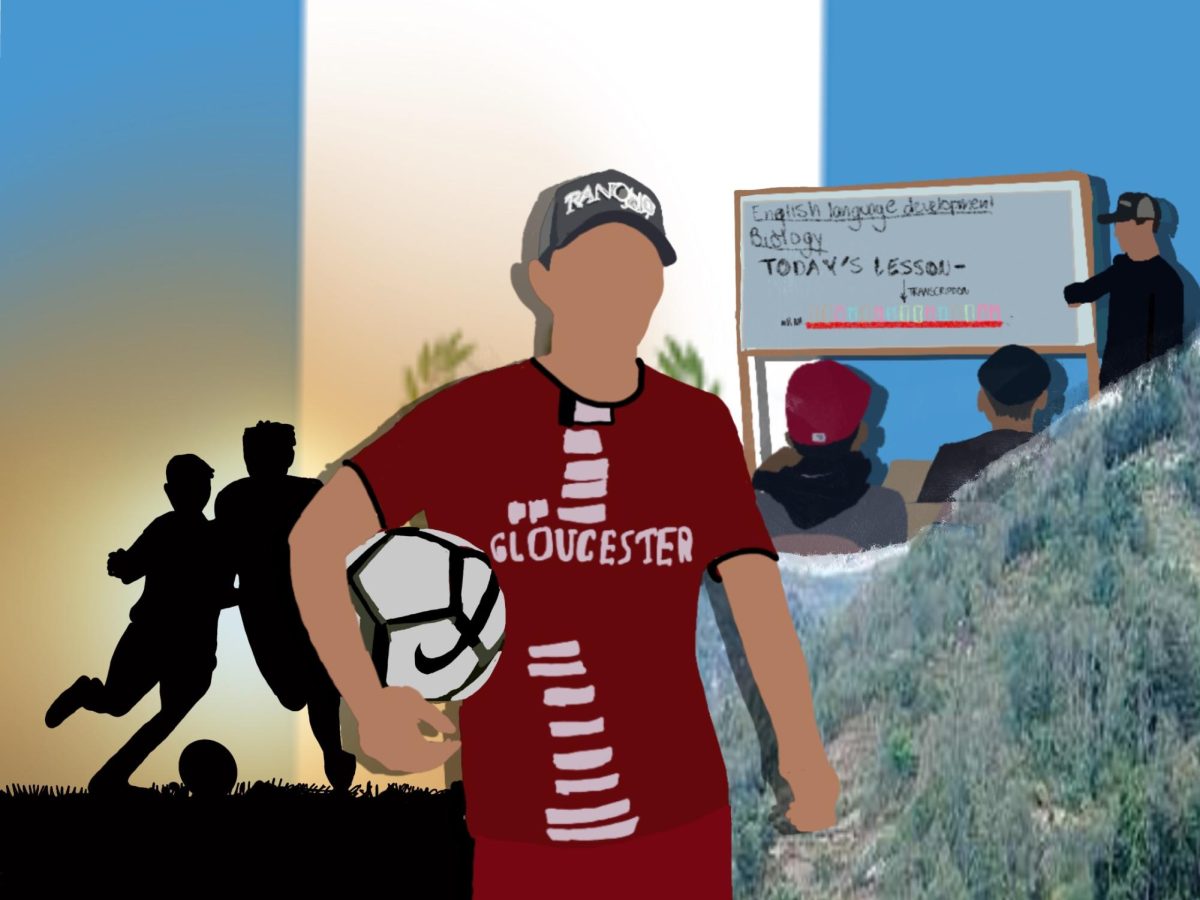
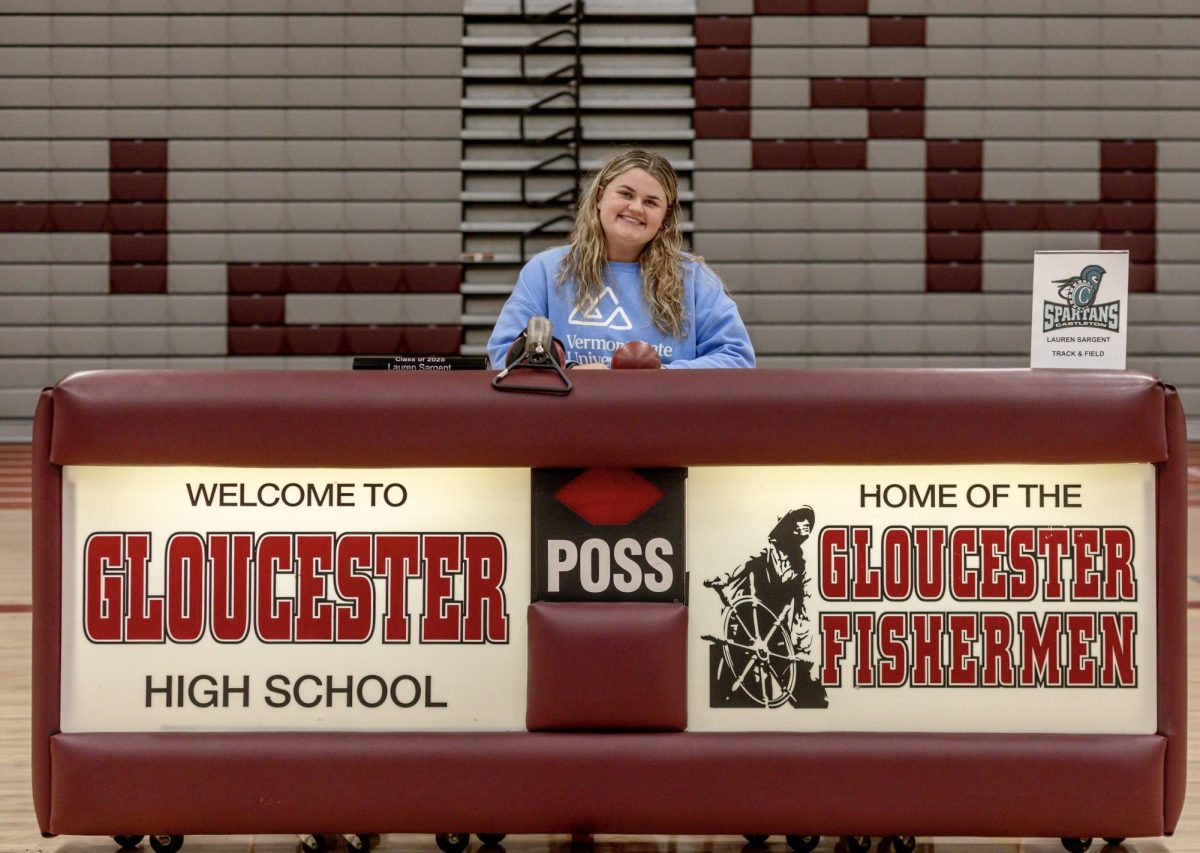
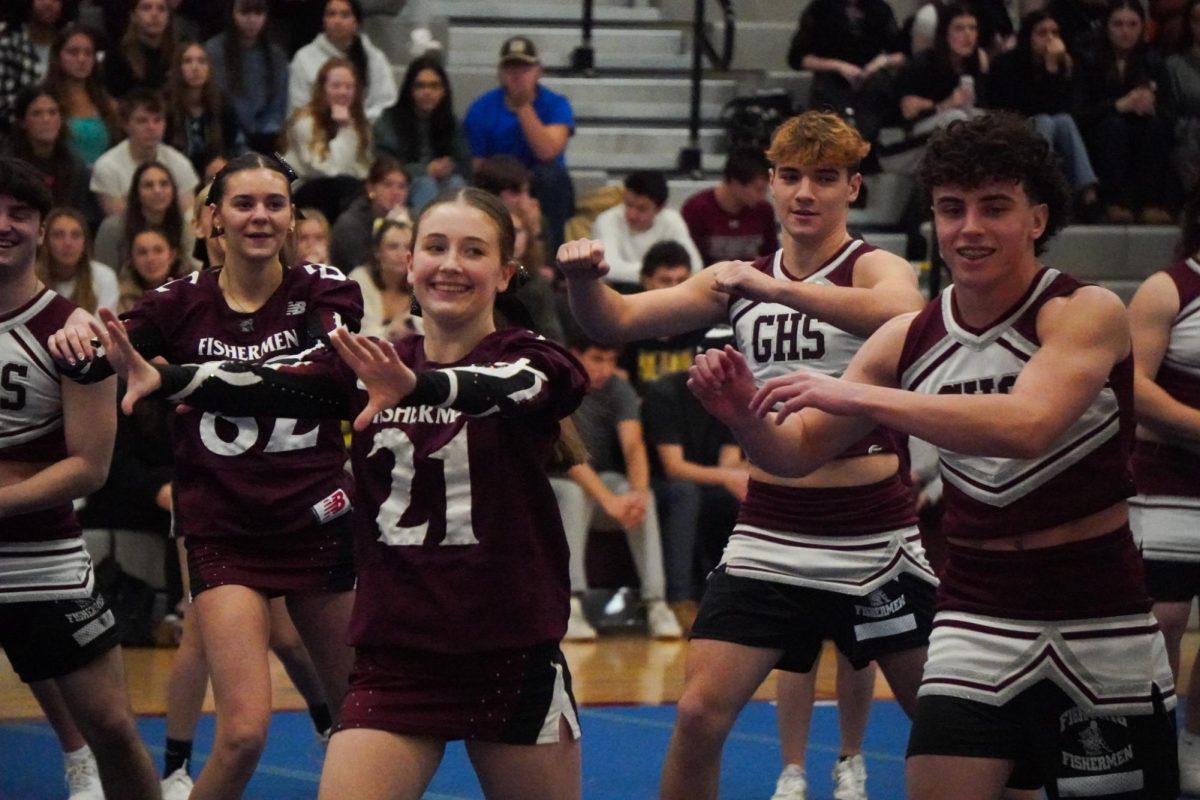
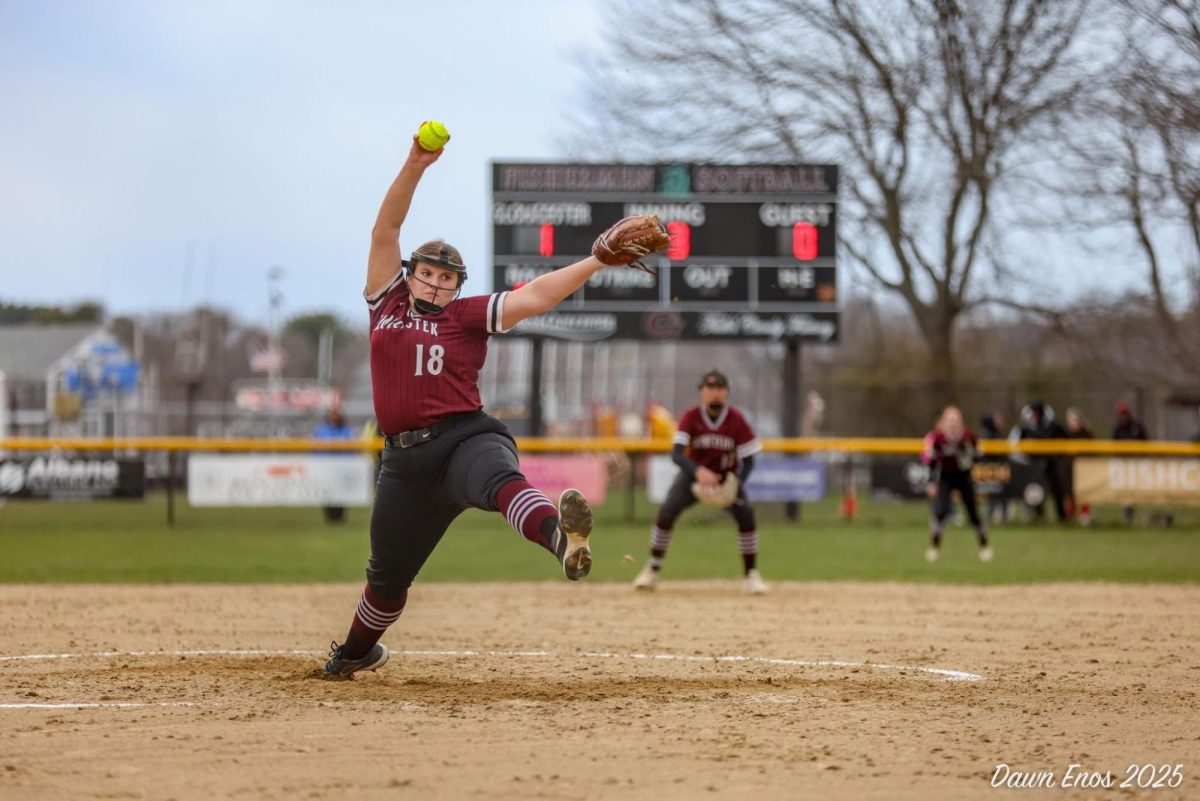
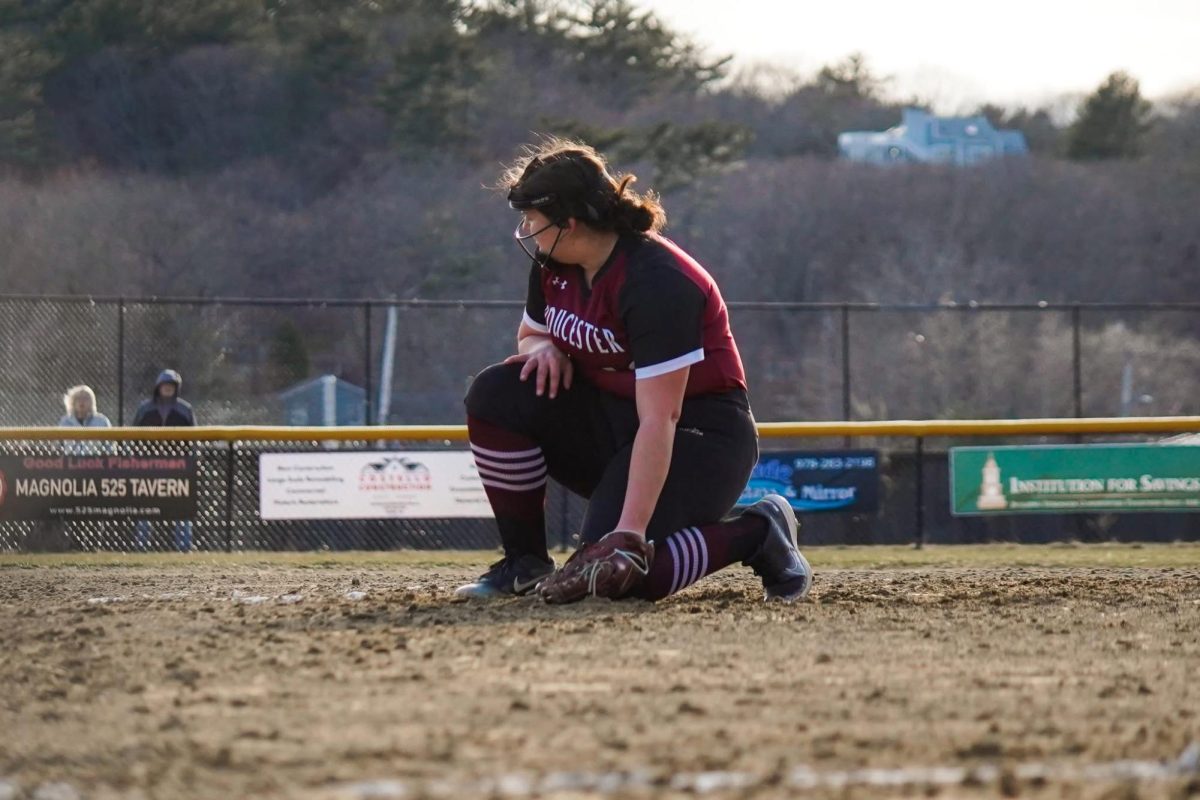
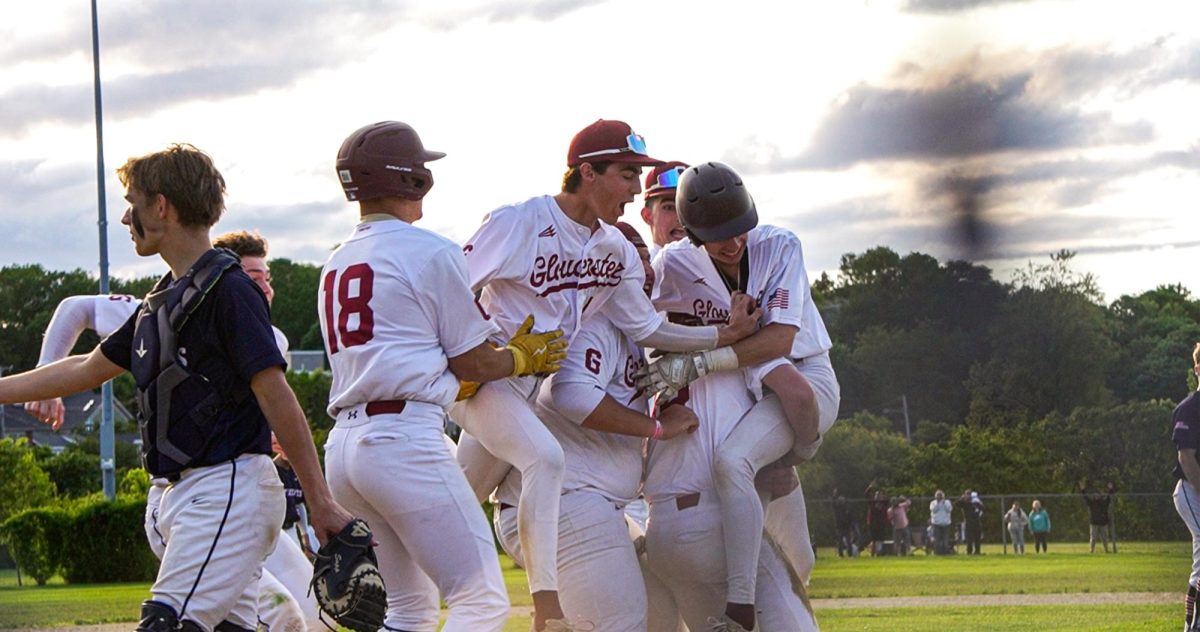
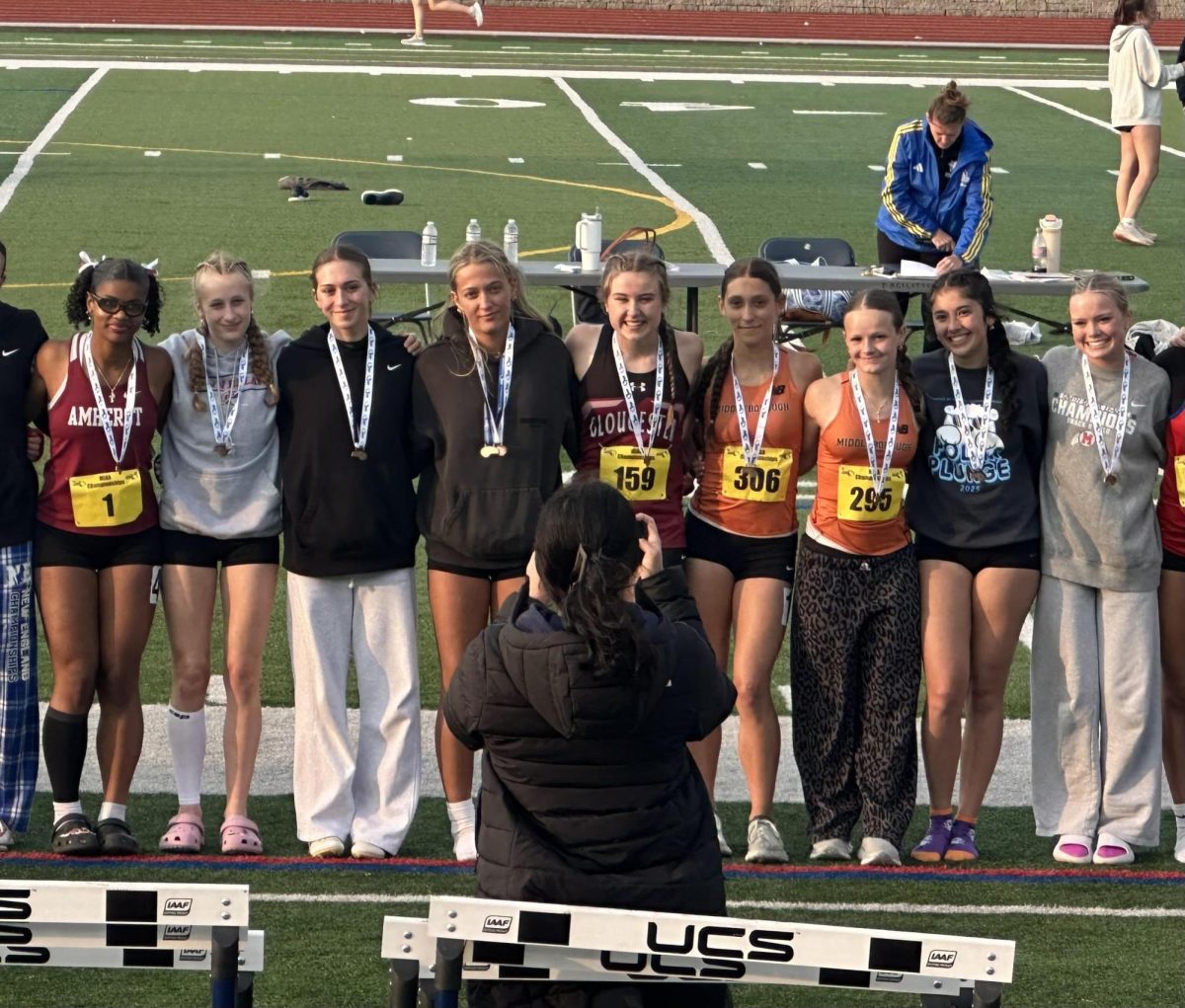




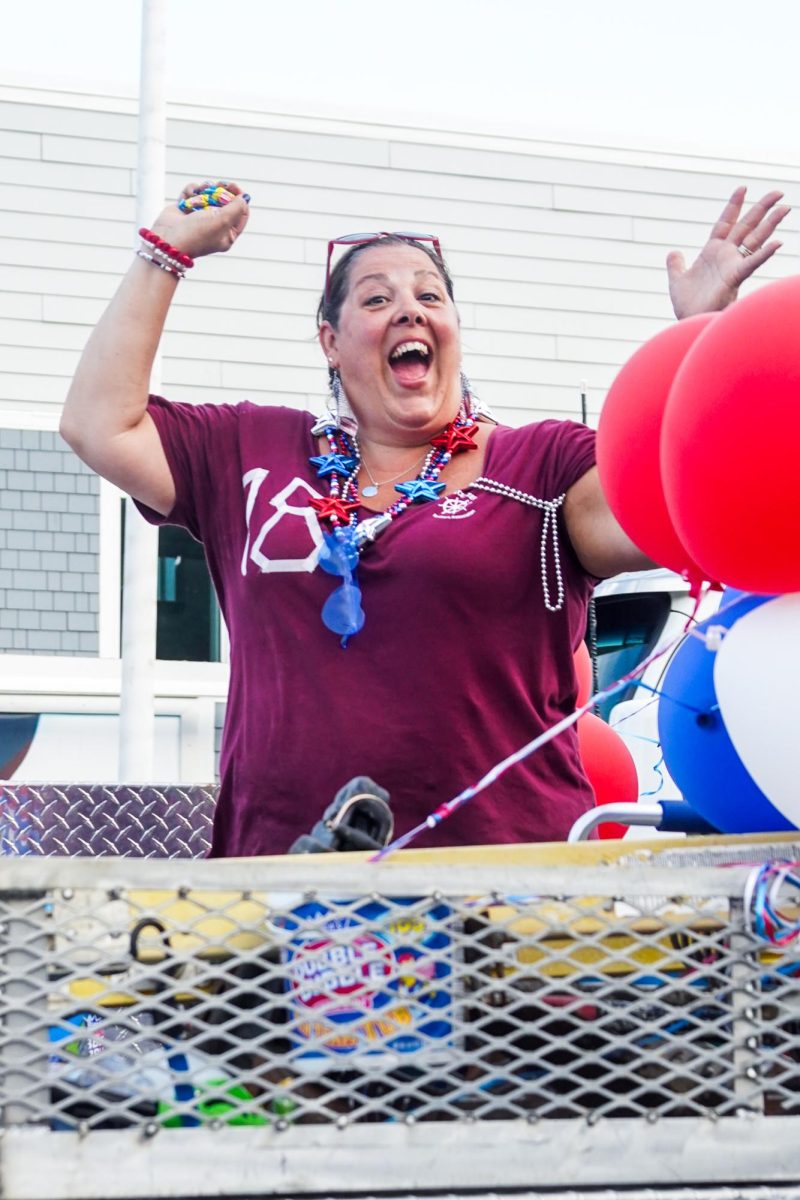

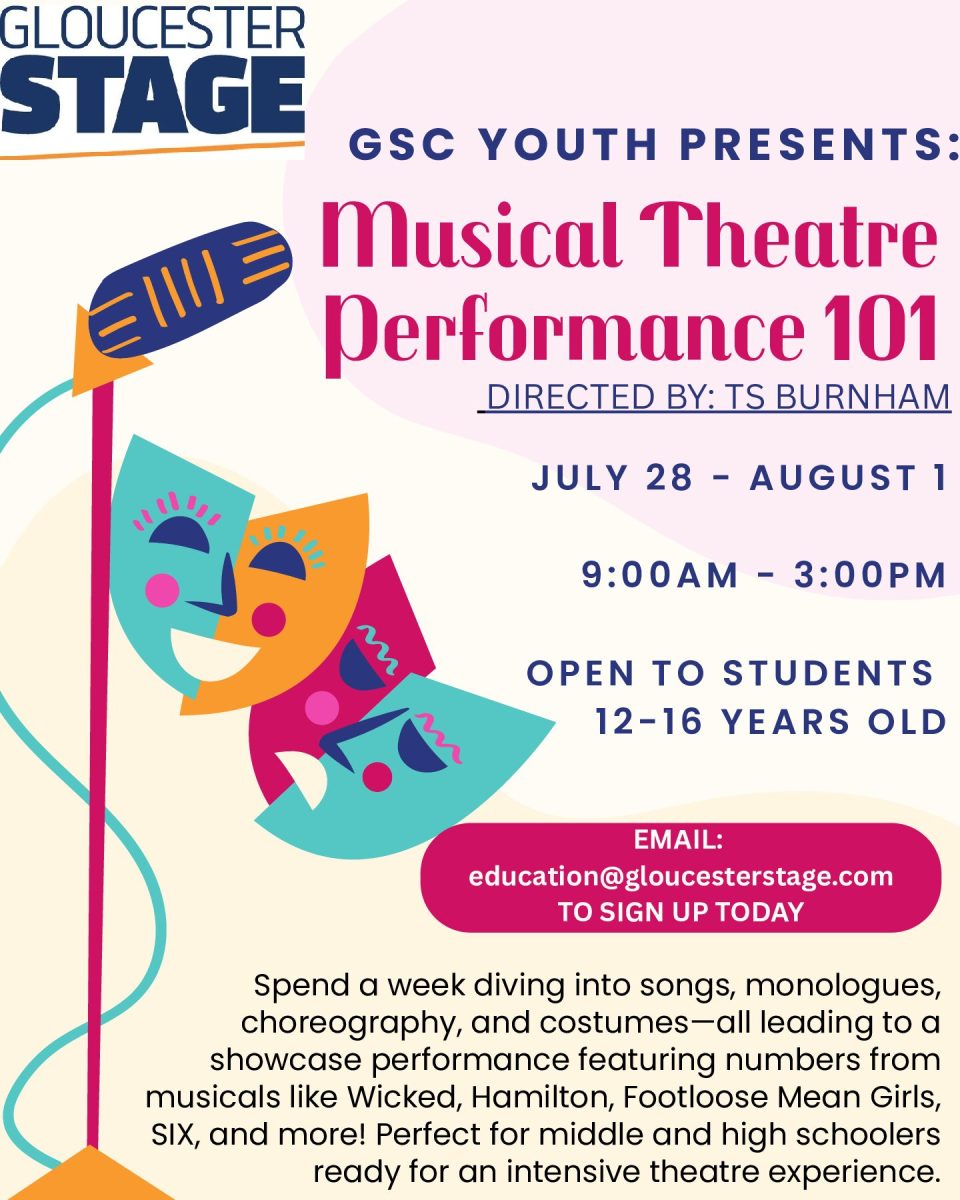

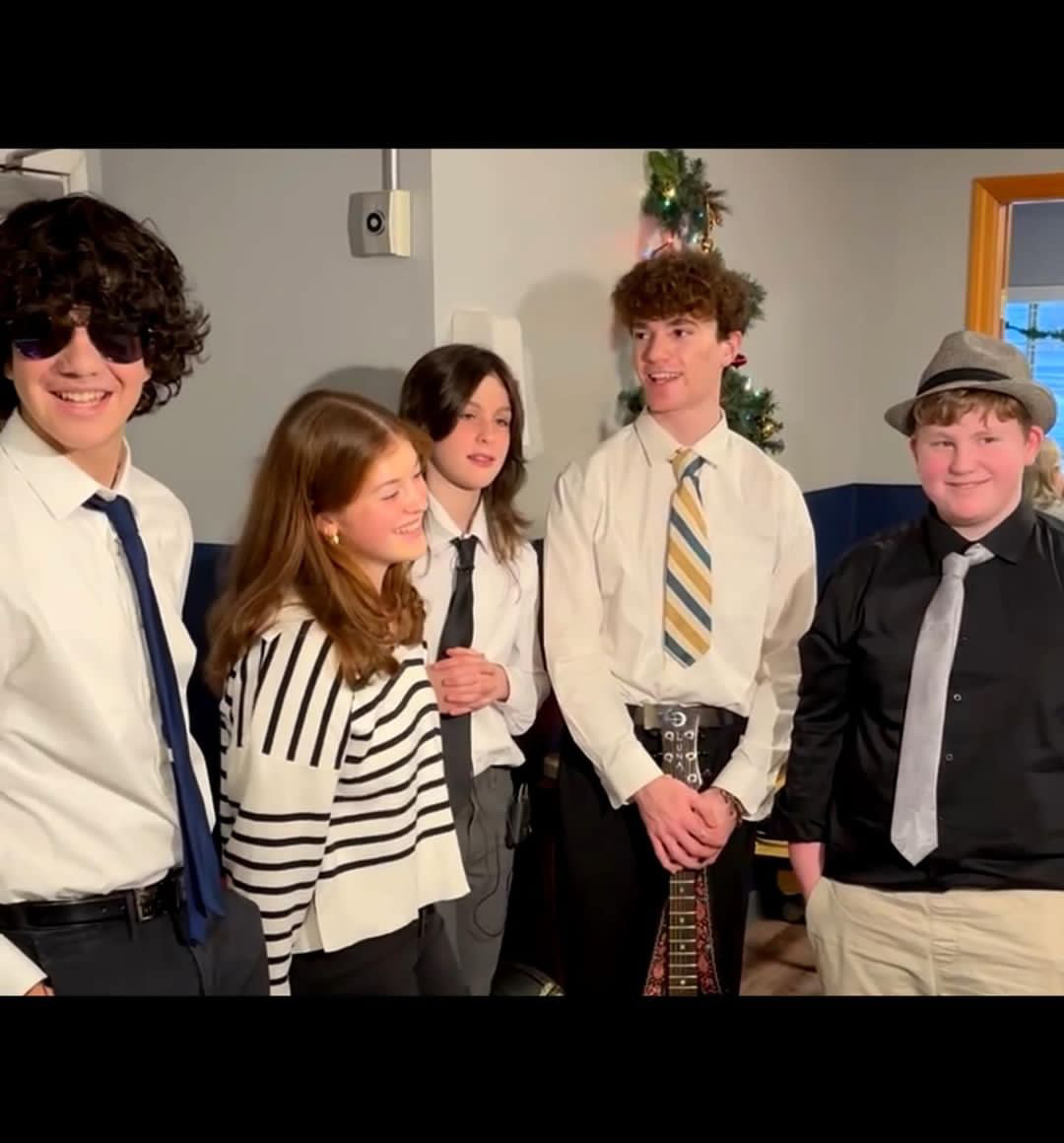





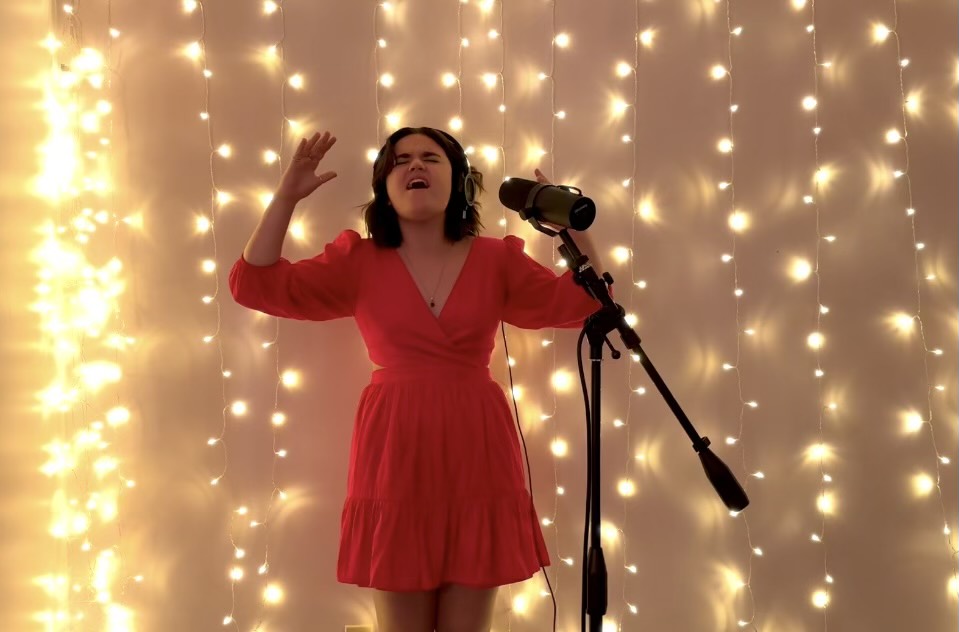

Anna P • Jan 31, 2024 at 8:21 am
Great Article! I hope we can get an update of where you decide to go. You explained the process so beautifully. Break a Leg!